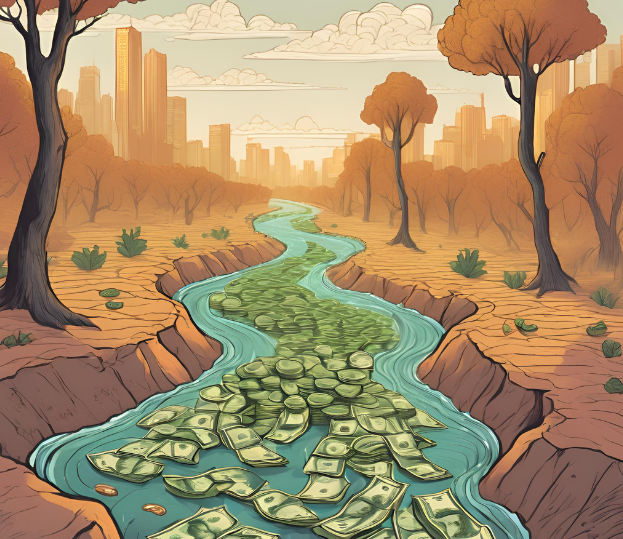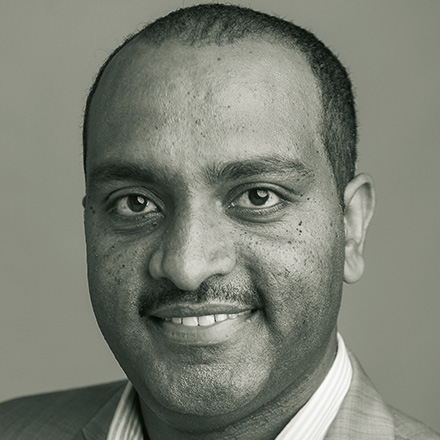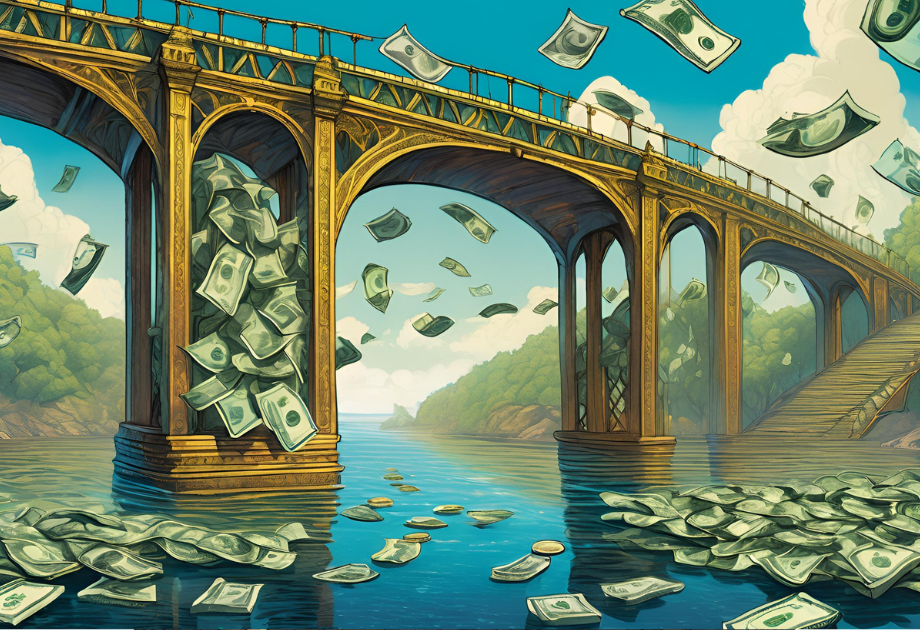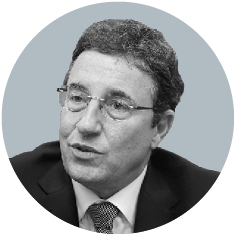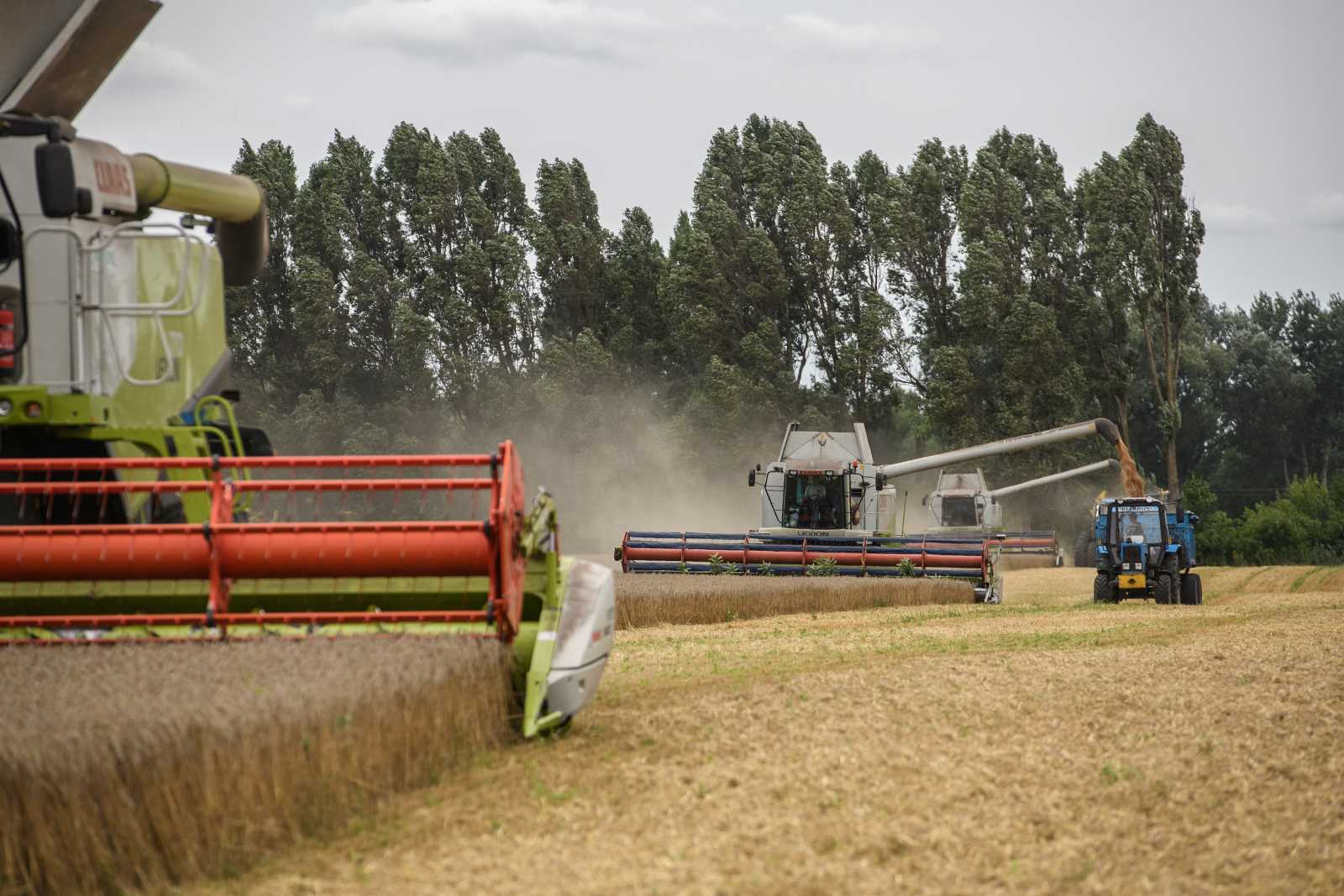World economy
Cooperation beats confrontation
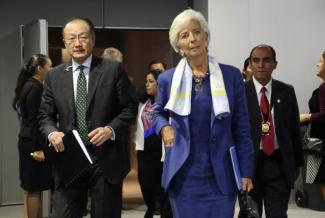
When things come to the worst, international financial institutions (IFIs) are the lenders of the last resort. The International Monetary Fund (IMF) and World Bank matter especially in this regard. Their track record is mixed however. At the end of the 1990s, multilateral debt relief became necessary. The reason was that many developing countries were stuck in an endless downward spiral of debt, budget cuts and stagnation even though they had accepted “structural adjustment” as demanded by Bank and Fund in exchange for emergency lending.
Debt relief was successful, and many of the economies concerned began to develop promisingly again. In the currently worsening global scenario, however, that success may not be sustained. In some cases, debt levels look dangerous again.
On the other hand, past structural adjustment worked out quite well for some countries. India rebounded fast in the early 1990s, and the same is true of Turkey and Brazil after the turn of the millennium. Obviously, structural adjustment can differ from country to country.
Observers say that the IMF and World Bank sometimes put the emphasis more on reducing government spending and sometimes more on liberalising markets. Some programmes were geared to jump-starting economies, but others worsened matters. Some suspect that differences were intentional as technocrats were willing to set punishing examples for leaders’ misbehaviour in small countries, but were eager to get big economies going again. The big ones, after all, have an impact on the health of the global system. Enforcing penalties, however, must not be the IFIs’ job. No nation deserves to be punished for the failure of its government to run the economy well.
When the next crisis strikes, however, the IMF, the World Bank and the long-established regional development banks may no longer be the only IFIs that matter. In recent years, emerging-market governments have launched new ones. The most prominent are the Asian Infrastructure Investment Bank (AIIB) and the New Development Bank. Both are headquartered in China, and both have been promoted as alternatives to the World Bank. Moreover, emerging markets have also been working on currency-swap mechanisms in order to not have to rely on the IMF in times of need.
The potential and effectiveness of new and established IFIs is likely to be tested soon. Both IFI categories can prove quite influential. In an era of very low interest rates, they should find it easy to raise additional funds on capital markets, and there is scope for being given more government funds as well.
It is too early to tell whether the old and new IFIs will join forces in pursuit of the global good, or whether they will engage in cut-throat competition, trying to hand out as many loans as possible with little concerns for social, environmental and even fiscal sustainability. Both is possible, but only the former would make sense. Keeping the world economy on track is a global public good. Humankind needs world-wide cooperation to achieve the Sustainable Development Goals, and all IFIs must play their part.
Hans Dembowski is editor in chief of D+C Development and Cooperation / E+Z Entwicklung und Zusammenarbeit.
euz.editor@fs-medien.de

